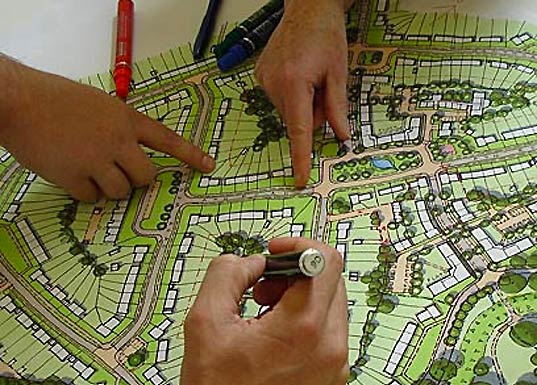Piyush Ranjan Rout
National and local leaders together need to rethink how cities can become more sustainable, inclusive and resilient in the years ahead. If agriculture is India’s vote bank, its cities are the country’s economic engines. About 34 per cent of Indians live in cities and more than 60 per cent of India’s GDP is directly or indirectly linked to its towns and cities. Cities generate wealth, improve living standards and attract innovative and creative thinkers.
Odisha, too, is inching towards urbanisation with 17 per cent of its population living in cities and towns; a major chunk have actually experienced urbanisation challenges, reflecting a global switchover to towns and cities, changing the political power structure.
Unlike mayors in the US, many Indian mayors don’t wield great power. Cities and towns will never be self-sustaining and will be dependent on the state government.
Some urban enthusiasts assert that issues with cities have been largely overlooked during the ongoing election campaign, barring a few statements. A closer look reveals that election 2019 results will have a reflection of urban challenges, as leaders today are focused more on cities and towns than in the past.
Local governments hope for urban champions to lead the parliament and the assembly. But most politicians who have campaigned or are campaigning have not outlined an explicit urban agenda. Investing in cities and towns could be an effective and popular strategy so that these urban areas remain fiscally sound, have rising revenues and home prices, and have decreasing crime and better life expectancy than rural areas.
The prosperity of Odisha and India rests on its urban centres, and local governments bear responsibility for the well-being of the majority of Indians.
Growth shines a spotlight on a number of problems around how cities are financed, particularly on how cities invest in infrastructure. All cities across India share the commonality that they do not have a good system of predictable, stable, long-term revenue, which can help the local government fund infrastructure, particularly transportation, garbage disposal and transit infrastructure, as well as drinking water supply, waste water recycling and housing.
But many cities and local governments do not really need large infrastructure. It is a provincial issue. But when people fall through the cracks when disaster strikes, cities face problems although it is not something they alone have to deal with. Over time, cities have been taking on more and more funding for programs without any authority taking decisions. The absence of delineation of powers between political leaders is required for proper utilization of such funding.
A recent survey in Bhubaneswar showed that about 80 per cent of people residing in the city trusted the state and local governments to solve local problems. The research found that just under 20 per cent of the public trusts the national government with addressing urban issues. Rather, many are of the opinion that instead of launching urban programmes at the national level, financial grants must be given to cities to allow them and towns to have their own programmes in a sustainable way.
Otherwise, if a political party loses power in an election, its successor often either scraps or ignores programmes it had initiated, which ultimately affects the city’s future. The prosperity of Odisha and India rests on its urban centres, and local governments bear responsibility for the well-being of the majority of Indians.
But no local government can do it alone. The ongoing elections will determine whether cities receive the political support and funding they need to generate jobs, makes streets livable, improve quality of life and deliver critical services to residents over the next half a decade. The relationship between cities and the provincial government is sensitive because there’s a constitutional issue. Cities cannot deal directly with provincial and national government. But cities and provincial governments can still work together.
The writer is an urban management practitioner; he can be reached on Twitter at @piyushrout.
